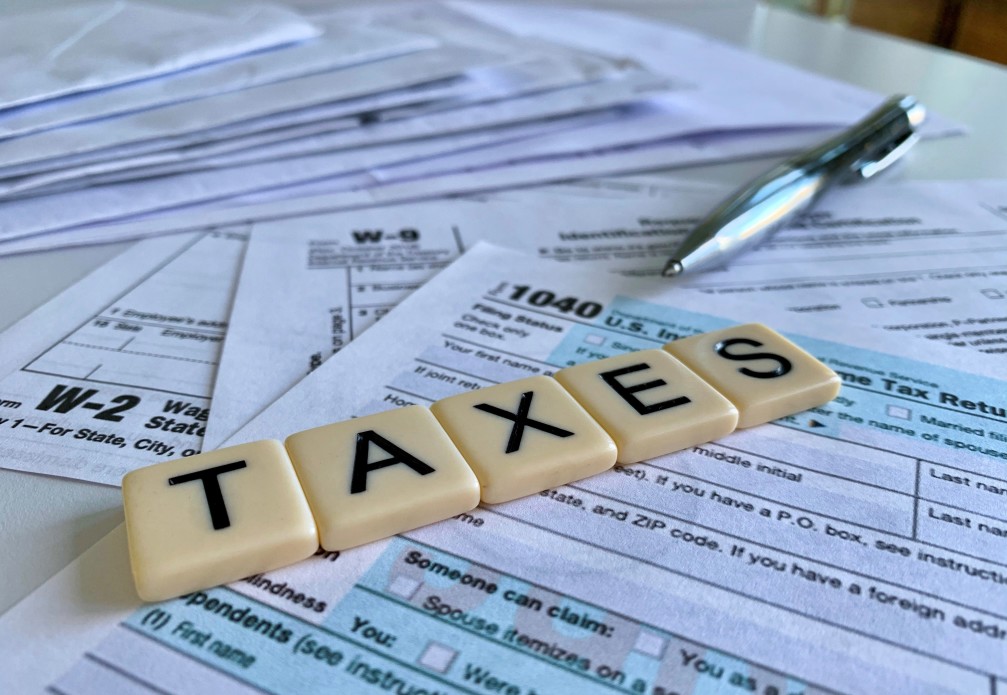Tax season can be a stressful time for many individuals and businesses. However, with the right strategies in place, you can simplify the process and maximize your deductions. In this article, we’ll share essential tax preparation tips that will help you navigate tax season with confidence.
Understand Your Tax Obligations
Know Your Filing Status
First and foremost, it’s crucial to understand your tax obligations. Your filing status—whether single, married filing jointly, married filing separately, head of household, or qualifying widow(er)—determines your tax rates and eligibility for certain deductions. By knowing your filing status, you can make informed decisions about your tax return.
Stay Updated on Tax Laws
Tax laws change frequently, so it’s important to stay informed about any updates that could impact your tax situation. For instance, recent changes may affect deductions or credits you can claim. By keeping yourself updated, you can take advantage of new tax benefits and avoid potential pitfalls.

Organize Your Financial Documents
Gather Necessary Papers
Before you start your tax preparation, gather all relevant financial documents. This includes W-2 forms, 1099 forms, receipts for deductions, and any other income statements. Having everything in one place will save you time and reduce the risk of missing crucial information.
Create a Checklist
To stay organized, create a checklist of all the documents you need. This simple tool can help you track what you have and what you still need to collect. As you gather your documents, check them off the list to ensure nothing is overlooked.
Maximize Your Deductions
Identify Deductible Expenses
One of the most effective tax preparation tips is to identify all deductible expenses. Common deductions include mortgage interest, property taxes, medical expenses, and charitable donations. Be sure to review your spending from the previous year to uncover any potential deductions you might have missed.
Keep Detailed Records
Maintaining detailed records of your expenses is vital for maximizing deductions. Keep receipts, invoices, and bank statements organized, as they will serve as proof of your expenses if you are audited. Consider using digital tools or apps to help track your expenses throughout the year.
Consider Tax Software or Professional Help
Use Tax Preparation Software
Using tax preparation software can significantly simplify the filing process. Many software programs offer step-by-step guidance, ensuring you don’t miss any deductions or credits. Additionally, they often have features that allow you to e-file, making the process quicker and more efficient.
Hire a Tax Professional
If your financial situation is complex or you’re unsure about how to file, consider hiring a tax professional. A qualified accountant can provide personalized advice and help you navigate intricate tax laws. While this may involve an upfront cost, the potential savings from their expertise can far outweigh the expense.
Double-Check Your Return
Review for Accuracy
Before submitting your tax return, take the time to review it for accuracy. Check all calculations and ensure that your Social Security number and bank account details are correct. A small mistake can lead to delays in processing or, worse, an audit.
Seek a Second Opinion
If you’re unsure about any part of your return, don’t hesitate to seek a second opinion. This could be from a trusted friend or a professional. Having another set of eyes can catch errors you might have missed and provide additional confidence in your filing.
Plan for the Future
Start Early
Finally, one of the best tax preparation tips is to start early. Waiting until the last minute can lead to mistakes and missed opportunities for deductions. By beginning your tax preparation early in the year, you give yourself ample time to organize your documents and address any issues.
Create a Year-Round Plan
Consider creating a year-round tax strategy to make tax season less overwhelming. Regularly update your financial records, track deductible expenses, and consult with a tax professional throughout the year. This proactive approach will make tax time much easier and more efficient.
Conclusion
In conclusion, tax preparation doesn’t have to be a stressful experience. By understanding your tax obligations, organizing your financial documents, maximizing deductions, and considering professional help, you can streamline the process. Don’t forget to double-check your return and plan for the future to make tax season smoother next year. With these tax preparation tips, you’ll be well-equipped to tackle your taxes with confidence and ease.



